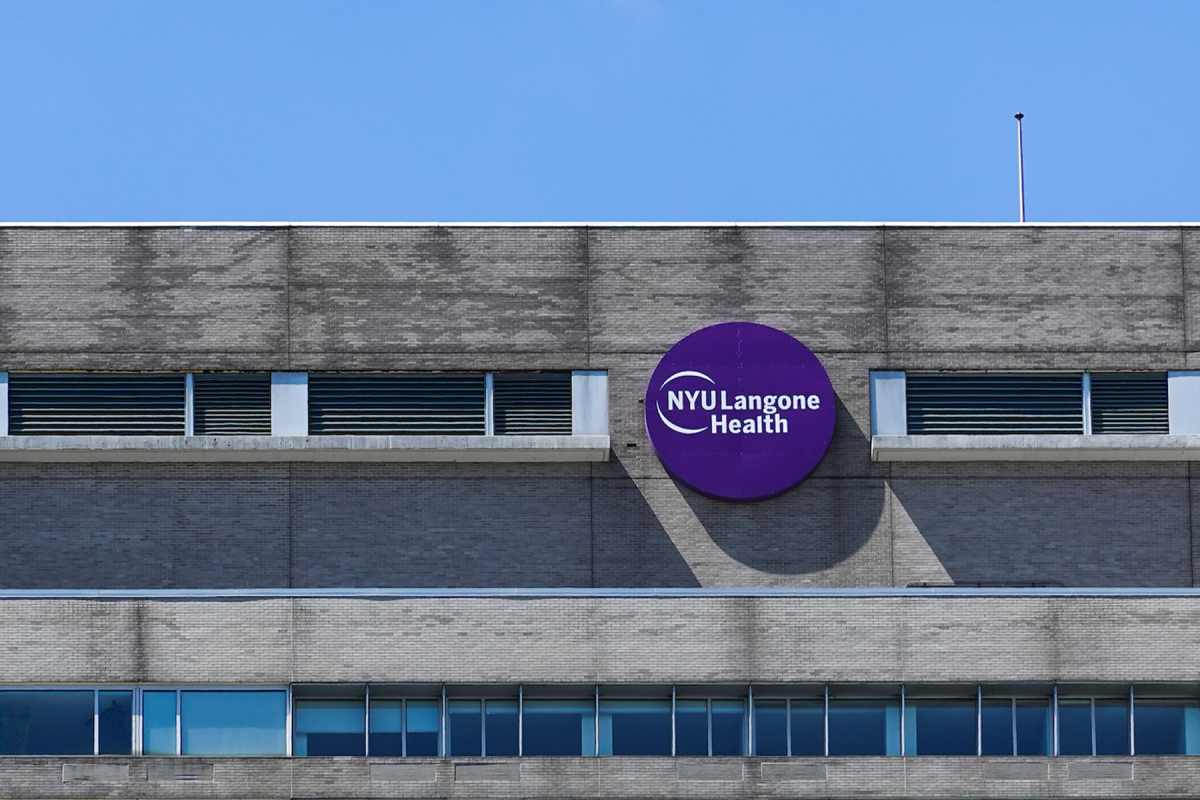NYU Langone Health launched its first Gastrointestinal Cancer Center earlier this month, naming Dr. Anirban Maitra and Dr. Manuel Hidalgo as its co-directors.
Housed within NYU Langone’s Perlmutter Cancer Center, the GI center will facilitate opportunities for multidisciplinary research, clinical care and training of professionals using the medical center’s robust research infrastructure.
John Leonard, chief of the Division of Hematology and Medical Oncology at the NYU Grossman School of Medicine and director of the Center for Blood Cancers at Perlmutter Cancer Center, said in a press release that Maitra and Hidalgo previously worked together to build a pancreatic cancer center at Johns Hopkins University School of Medicine, and expressed excitement for the pair’s reunion.
“NYU Langone will see them building a GI Cancer Center that partners with our multidisciplinary teams of incredible surgical oncologists, radiation oncologists, medical oncologists, gastroenterologists, and researchers to accelerate scientific discovery into tangible treatments for our patients,” Leonard said.
Hidalgo, a medical oncologist and Grossman professor, told WSN that most GI cancer treatment requires a combination of surgery, radiation and chemotherapy.
“The GI tract contains multiple organs — such as esophagus, intestines, colon — and there’s a high frequency of cancer in all of these,” Hidalgo said. “Many of them present when they are advanced and incurable.”
GI cancers, including pancreatic and colon, are among the most common types of cancer in the United States. Some researchers are also seeing “dramatically” higher rates of GI cancers in adults under 50.
Maitra, a professor and specialist in anatomic pathology, told WSN that NYU Langone is in a unique position to analyze this trend because it has a “tremendous amount of world-class research” at its disposal. Treating patients who may be at risk of cancer but are not yet afflicted allows Langone to examine why some individuals are predisposed.
“The end goal is to figure out this mystery of why early-onset GI cancers are increasing in numbers,” Maitra said. “The real, long-term impact will come from also seeing what happens in those [patients] who don’t yet have cancer but might be at risk.”
Contact Dylan Henschen at [email protected].

























































































































































